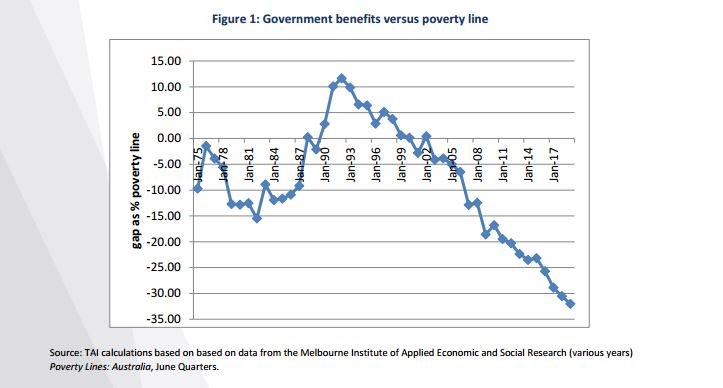
Anton Siluanov reported good results in poverty reduction

According to Anton Siluanov, the state successfully met all its social obligations to citizens in the social sphere.
He stated that all social payments and benefits mandated by law, including those for disabled individuals, veterans, Chernobyl victims, and other groups, were fully indexed to the inflation rate. Approximately 15 million people receive these payments.
Maternity capital was also increased in line with inflation, benefiting 1.6 million families. In 2024, insurance pensions were raised for nearly 30 million non-working pensioners. Starting this year, pension indexation will also apply to working pensioners, the Finance Minister added.
Support for families with children continued, with the single allowance proving effective. 11 million people received this benefit, with a substantial 1.4 trillion rubles allocated from the federal budget alone. Siluanov emphasized that the single allowance was a valuable tool that helped reduce poverty in Russia by 1.7 million people last year. The poverty rate now stands at 7.2% of the population, down from 8.3% the previous year.
He concluded that this is a good result, indicating progress in tackling the issue of poverty over the past year.
Regarding subsidized mortgages, the state also fulfilled its obligations to citizens, which was challenging due to rising interest rates, he stressed. An additional 580 billion rubles were allocated for this purpose, including 208 billion for family mortgages. Over 800,000 families improved their living conditions as a result. Siluanov described this outcome as very positive.
The Minister also reported on results in technological development. Last year, microelectronics received particular attention. Nearly one trillion rubles were allocated to support the civilian industry overall, with 245 billion specifically for microelectronics.
«This has created a solid foundation for the development of this industrial sector,» the head of the financial department explained.
Additional resources, approximately 33 billion rubles, were also directed towards machine tool building and drone development.
According to Galina Izotova, Deputy Chairwoman of the Accounts Chamber of Russia, the federal budget deficit for 2024 was 1.7% of GDP. The deficit increased by 7.5% compared to 2023 figures.
Izotova stated that incomes in more than 20 regions were formed through gratuitous transfers from budgets of other levels, while the state debt of the regions decreased by 73 billion rubles during the reporting year, totaling 3.1 trillion rubles.
However, Russia`s public debt increased by 3.4 trillion rubles (13.5%), reaching 29 trillion rubles. The Deputy Chairwoman of the Accounts Chamber noted a growing trend in federal budget expenditures for servicing the public debt. According to her, overall public debt servicing costs tripled between 2020 and 2024.











